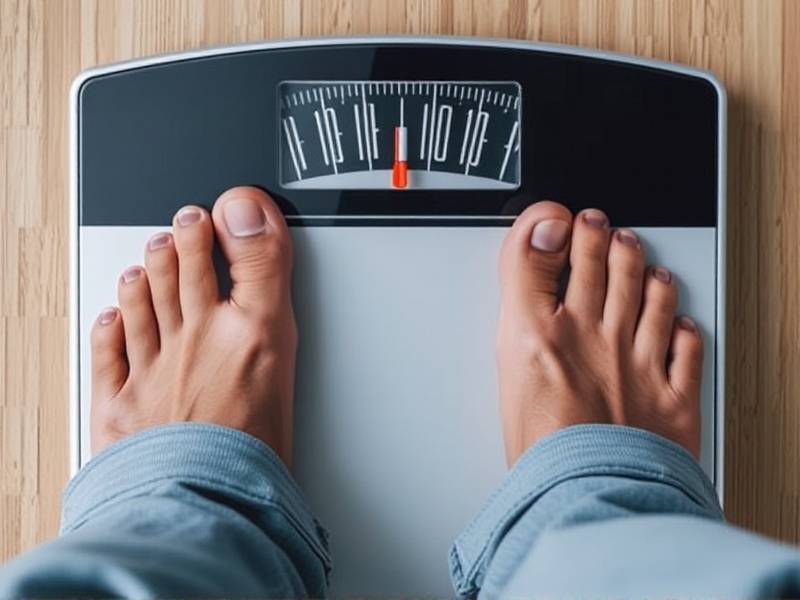Can You Gain Weight When You Quit Smoking? The Truth About Weight Changes After Quitting Smoking
Can You Gain Weight When You Quit Smoking? The Truth About Weight Changes After Quitting Smoking
Introduction: Quitting smoking is a significant step towards a healthier lifestyle. However, many smokers worry about the potential weight gain that might follow. In this article, we will delve into the truth about weight changes after quitting smoking, helping you understand the factors at play and how to manage them effectively.
I. The Connection Between Smoking and Weight Gain

-
Nicotine's Role in Weight Regulation Nicotine, the primary addictive substance in cigarettes, has a profound impact on appetite and metabolism. When you quit smoking, your body may experience changes in these areas, leading to fluctuations in weight.

-
Increased Appetite and Cravings After quitting smoking, some individuals may experience increased appetite and cravings for food. This can be attributed to the body's attempt to compensate for the loss of nicotine's appetite-suppressing effects.
II. Potential Weight Gain After Quitting Smoking
-
The Average Weight Gain Research suggests that on average, individuals tend to gain around 5-10 pounds after quitting smoking. However, this number can vary widely among individuals.
-
Factors Influencing Weight Gain Several factors can contribute to weight gain after quitting smoking: a) Increased Caloric Intake: Some individuals may unconsciously consume more calories as they deal with cravings and withdrawal symptoms. b) Reduced Physical Activity: Smoking cessation may lead to decreased physical activity levels due to withdrawal symptoms or lack of motivation. c) Emotional Eating: Stress and anxiety associated with quitting smoking can trigger emotional eating, leading to weight gain.
III. Managing Weight Changes After Quitting Smoking
-
Setting Realistic Goals It is important to set realistic goals when it comes to managing weight changes after quitting smoking. Focus on gradual progress rather than expecting immediate results.
-
Healthy Eating Habits Adopting healthy eating habits can help mitigate weight gain: a) Increase Your Fiber Intake: High-fiber foods can keep you feeling full for longer. b) Choose Nutrient-Dense Foods: Prioritize foods rich in vitamins, minerals, and antioxidants. c) Stay Hydrated: Drinking plenty of water can help control appetite and improve overall health.
-
Regular Exercise Regular exercise is crucial for maintaining a healthy weight after quitting smoking: a) Start Slowly: Begin with low-impact activities like walking or swimming. b) Find an Exercise You Enjoy: Engaging in activities you enjoy will make it easier to stick with your exercise routine. c) Stay Consistent: Aim for at least 30 minutes of moderate-intensity exercise most days of the week.
Conclusion: Quitting smoking is a commendable decision that brings numerous health benefits. While some individuals may experience weight gain after quitting, understanding the factors at play and implementing healthy lifestyle choices can help manage these changes effectively. Remember that maintaining a balanced diet and regular exercise are key components of managing weight changes after quitting smoking. Embrace this new chapter in your life with confidence and determination!
